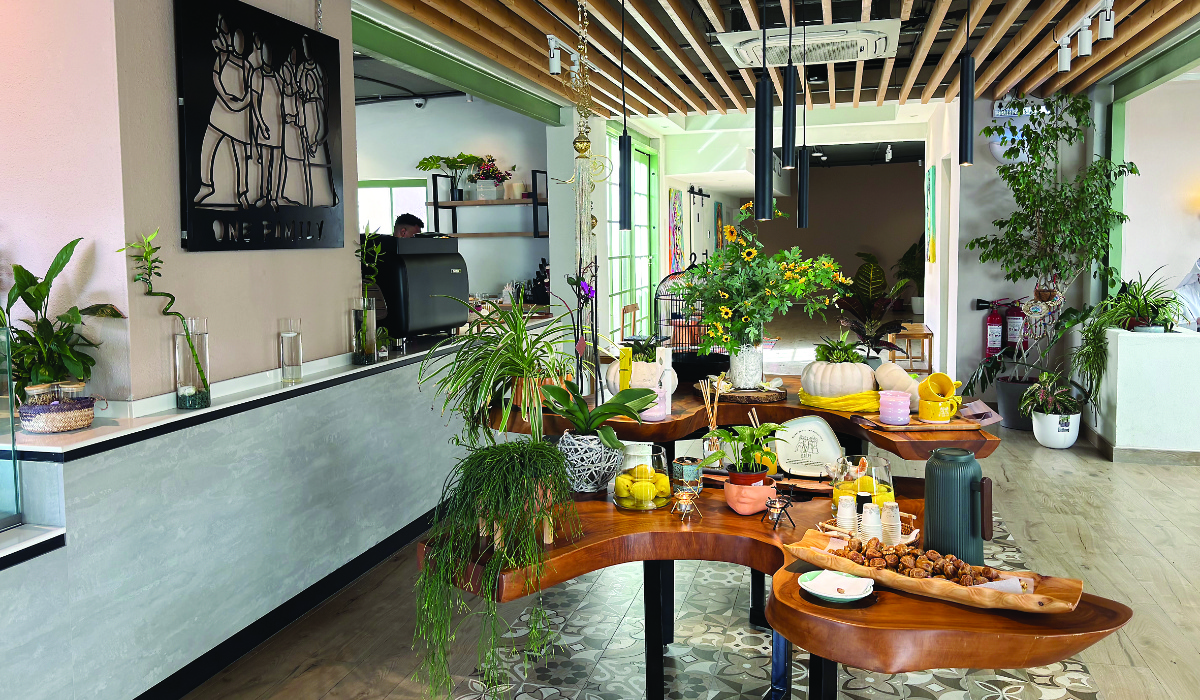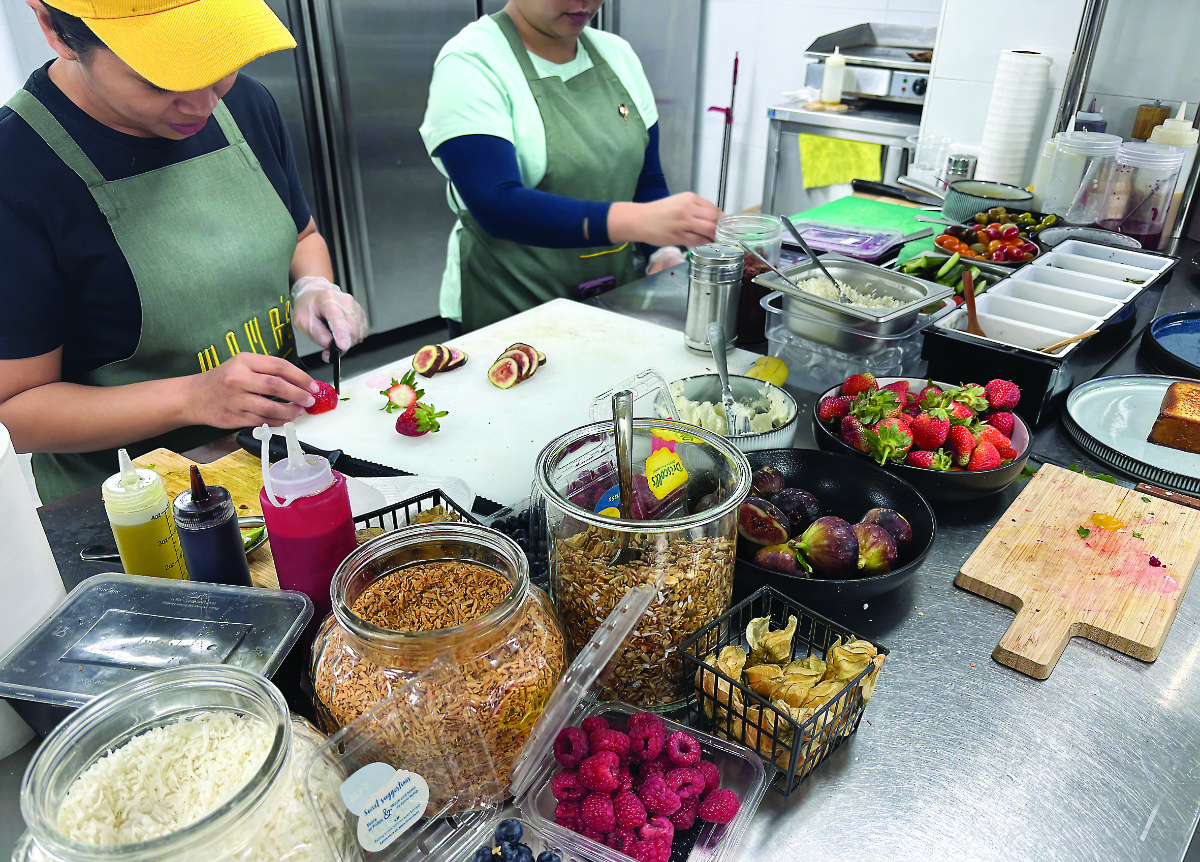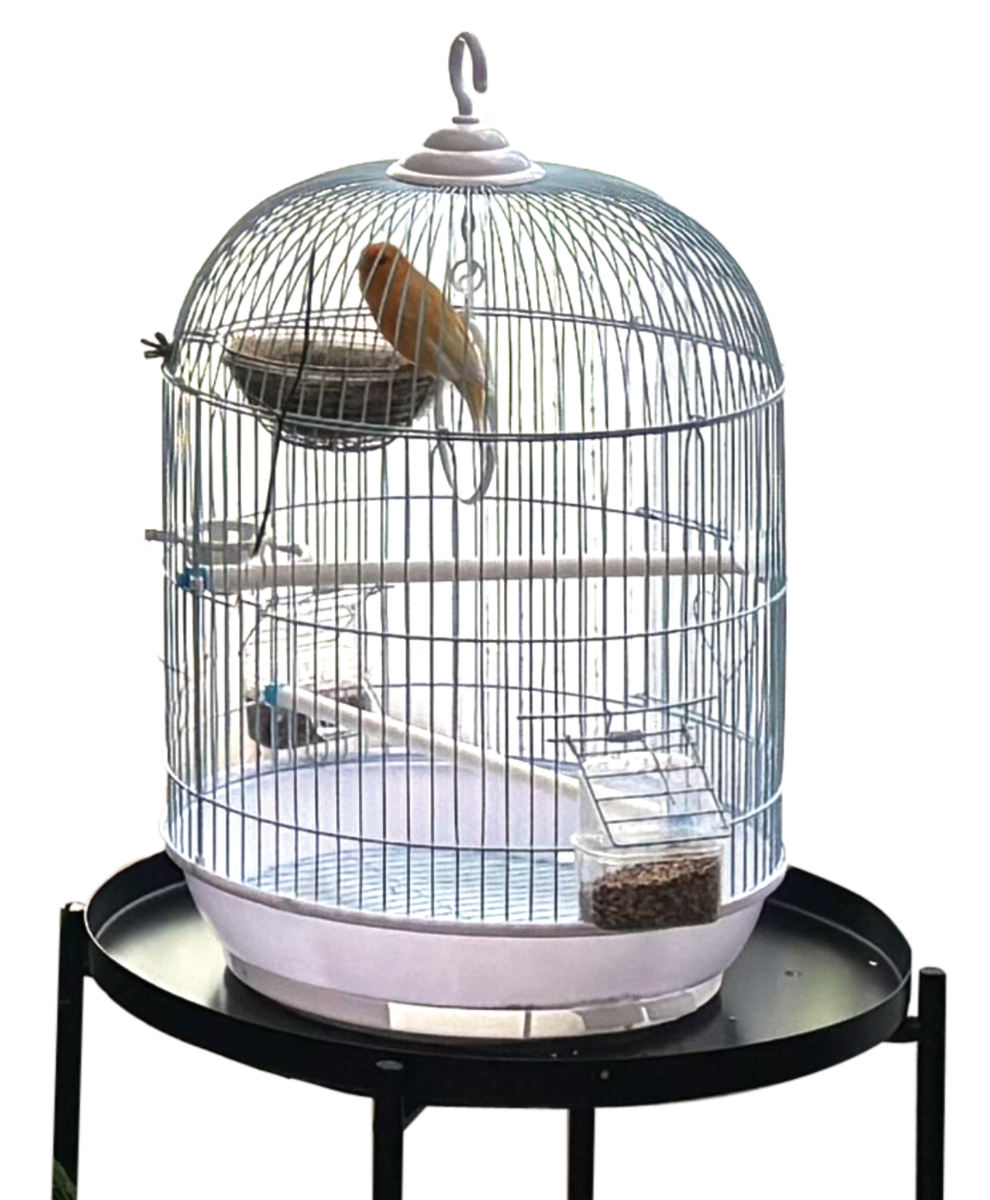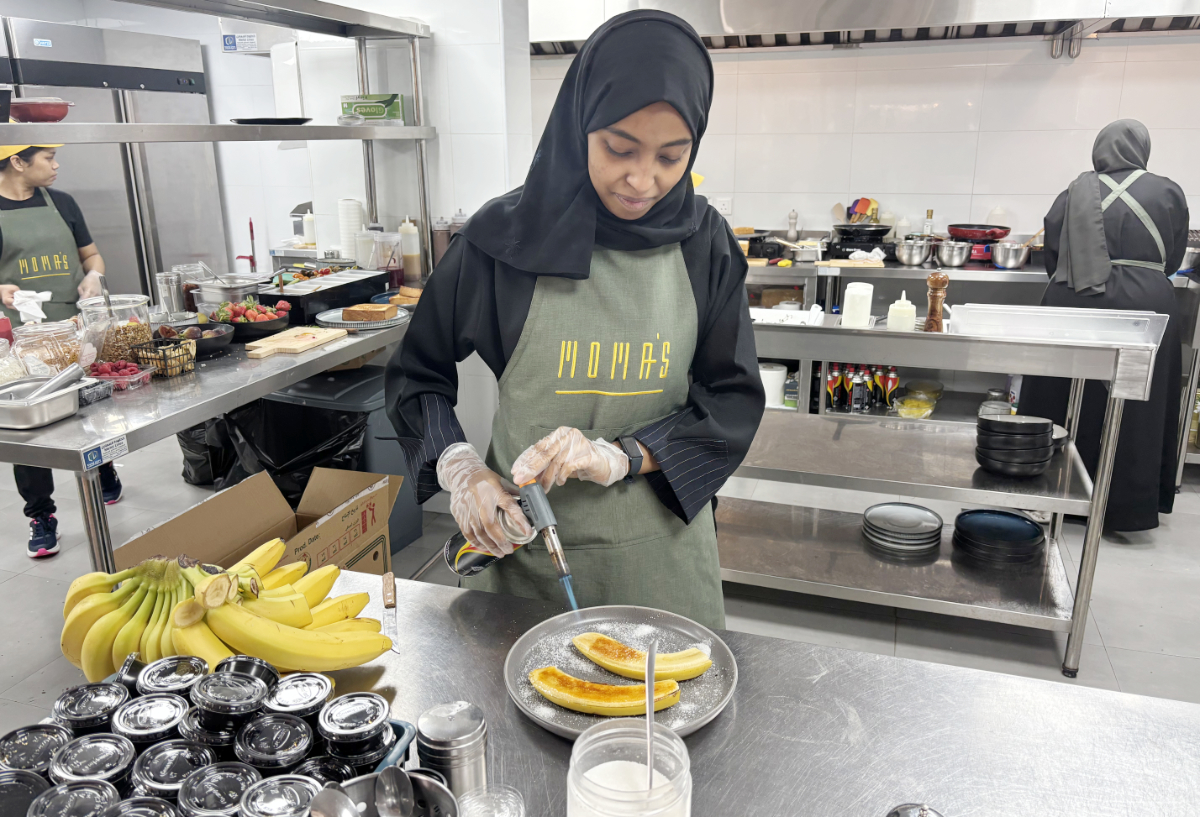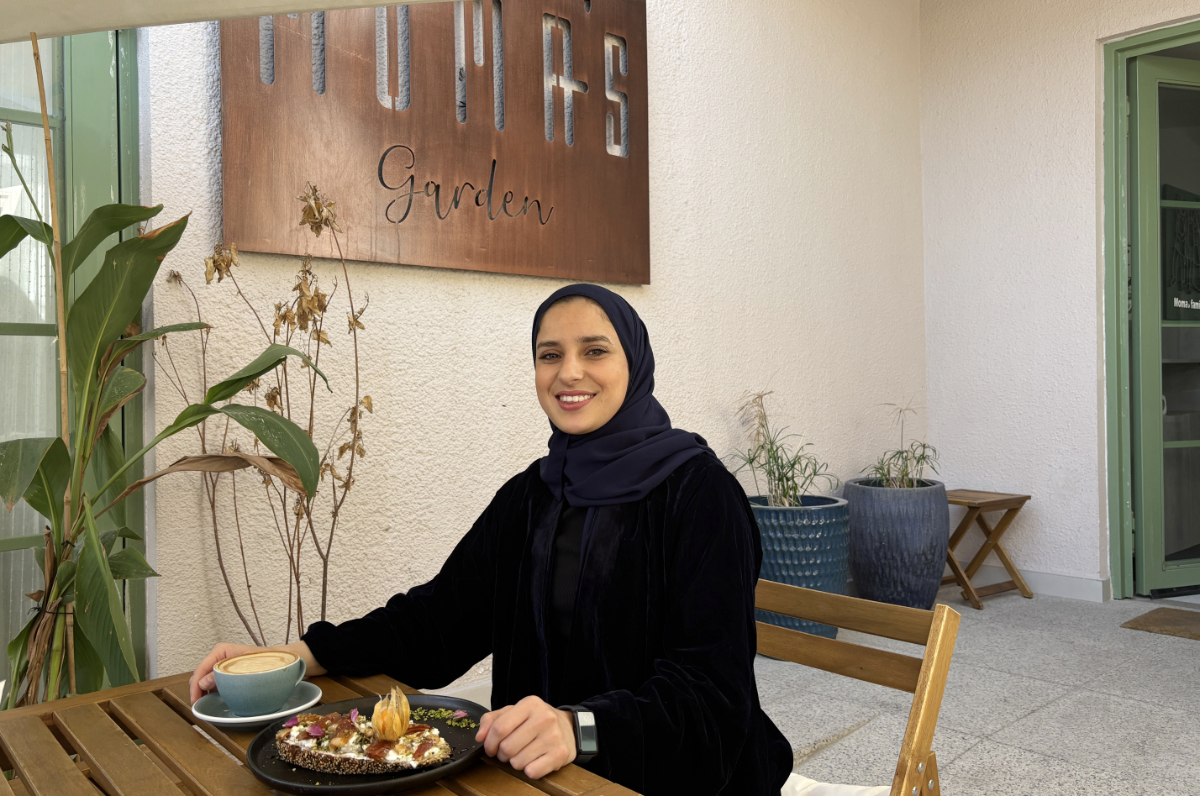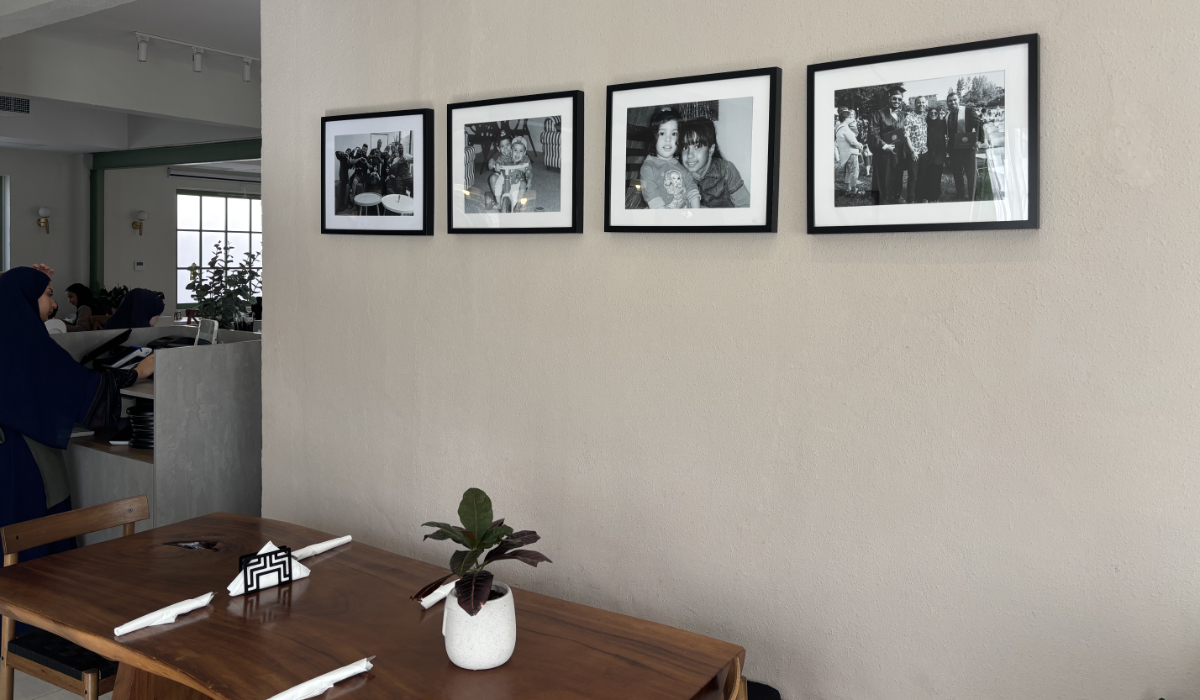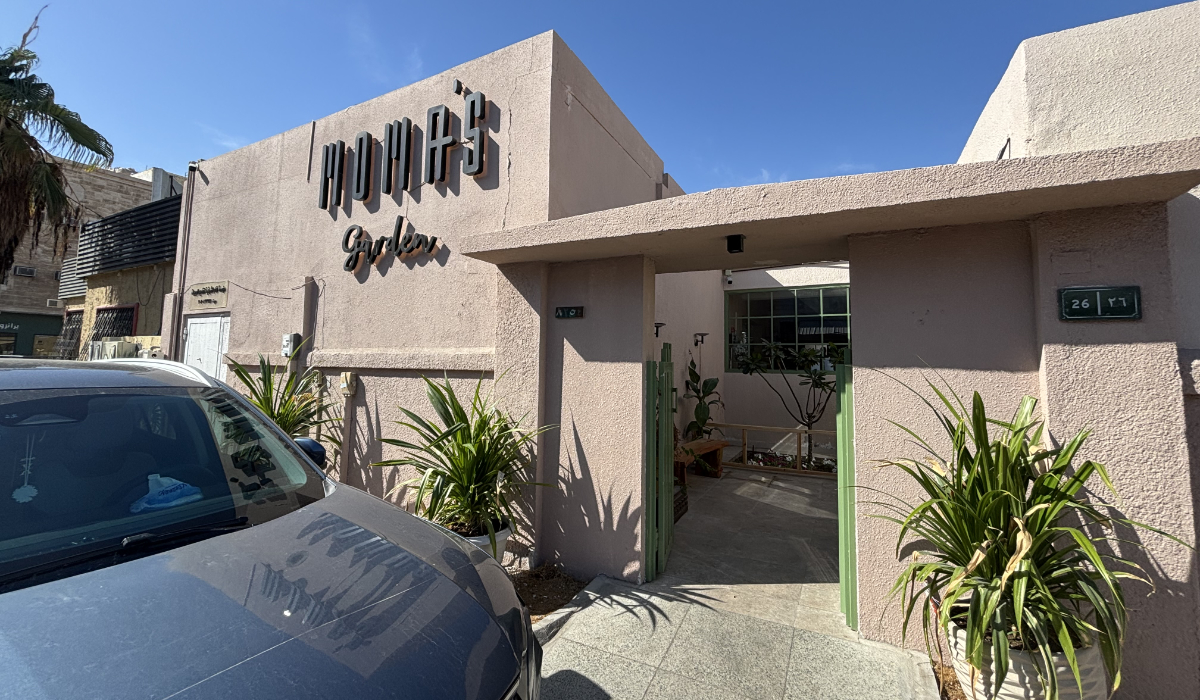RIYADH: During the holy month of Ramadan, about 2 billion Muslims around the world test the limits of their physical and mental strength. But while most are aware of the religious benefits of fasting from dawn to dusk throughout the month, the effects on the body and mind might be less well understood.
Fasting is defined as a physiological state in which a person abstains from consuming calories for a specific period of time, leading to changes in metabolism and bodily functions. Types of fasting vary, including therapeutic fasting, intermittent fasting and religious fasting, each with its own distinct physiological effects.
Mohammed Mahroos, a consultant and clinical research scientist at the King Fahad Specialist Hospital Research Center, explained what happens to the body when a person fasts for 30 days.
“Fasting provides a rest period for the digestive system, allowing the body to focus on cell repair and detoxification,” he told Arab News.
It results in lower insulin and glucose levels, which promote the burning rather than storage of fat. When glycogen, the stored form of glucose, is depleted the body relies on fat as its primary source of energy, a process called ketosis.
From a medical perspective, fasting is used in some cases to treat obesity, insulin resistance and metabolic disorders.
A study published by the New England Journal of Medicine in 2019 concluded that intermittent fasting boosts the metabolism and reduces insulin resistance, making it an effective was to prevent type 2 diabetes.
“When a balanced diet follows, fasting enhances metabolic efficiency,” Mahroos said. “Its benefits are only realized if the diet is controlled … after the fasting period.”
Consumption of unhealthy foods when breaking the fast, such as processed sugars, hydrogenated fats and fast food, can reduce the benefits and lead to health problems, he added.
Fasting also enhances autophagy, a cellular process that contributes to cell regeneration and the development of a healthier immune system, as demonstrated by the research of Japanese biologist Yoshinori Ohsumi, winner of the 2016 Nobel Price in Physiology or Medicine.
Islamic religious fasting, during which a person abstains from all food or drink from sunrise to sunset, is characterized by its spiritual and psychological depth, Mahroos said.
The practice “promotes self-discipline and strengthens willpower … it contributes to increased mental clarity, it addition to its health benefits.”
But how does the response of the body differ when fasting for 30 consecutive days compared with short-term fasts?
During a single day of fasting, Mahroos said, the body begins to use stored glycogen for energy. Insulin levels decrease, facilitating fat burning, and the secretion of growth hormones increases, which contributes to tissue repair and improved metabolism. Changes in blood sugar levels might result in feelings of fatigue and hunger.
A study published by the Journal of Neuroscience in 2021 found that short-term fasting induces the production of a protein called brain-derived neurotrophic factor, which can improve cognitive strength and reduce the risk of diseases such as Alzheimer’s.
Intermittent fasting reduces harmful cholesterol levels and improves blood pressure, reducing the risk of heart disease, Mahroos added.
When a person fasts for 30 days, however, “the body enters a long-term adaptation phase, enhancing metabolic efficiency,” Mahroos said.
Insulin sensitivity improves, reducing the risk of diabetes. Chronic inflammation levels decrease, contributing to improved heart and immune-system health. And autophagy is stimulated, helping to eliminate damaged cells and improve tissue health.
According to a study published by the journal Cell Stem Cell in 2014, fasting can play a major role in supporting the immune system, as it enhances the production of white blood cells and increases the body’s resistance to disease.
Gradual weight loss can also occur if a balanced diet is followed after breaking the fast at iftar.
As for the mental and spiritual aspects of fasting, there is a range of potential benefits. Psychologically, it can help develop an improved ability to control habits and behaviors, reduce stress and anxiety as a result of reduced secretion of the “stress hormone” cortisol, and provide a sense of accomplishment and self-control.
Spiritually, fasting supports a process of self-reflection and mental clarity, promotes a sense of gratitude and appreciation, strengthens patience, and offers an opportunity to reevaluate and improve personal habits.
But fasting can be harmful in certain situations. When the body is not replenished with essential fluids and nutrients, it can lead to dehydration and vitamin deficiency, Mahroos said. Overeating and consumption of unhealthy foods when breaking the fast can result in weight gain and metabolic disorders, he added.
“Fasting is a complex physiological process that positively impacts physical, psychological and spiritual health,” he said.
“However, achieving its benefits depends on following a healthy diet after fasting. Poor eating habits may reverse these benefits or cause unwanted side effects.”
In addition, people with chronic conditions, such as diabetes or high blood pressure, should consult a doctor before fasting, Mahroos advised.



















